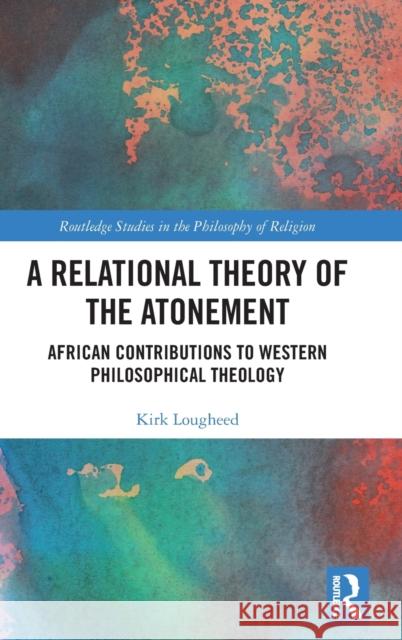A Relational Theory of the Atonement: African Contributions to Western Philosophical Theology » książka
A Relational Theory of the Atonement: African Contributions to Western Philosophical Theology
ISBN-13: 9781032536330 / Angielski / Twarda / 2023 / 152 str.
A Relational Theory of the Atonement: African Contributions to Western Philosophical Theology
ISBN-13: 9781032536330 / Angielski / Twarda / 2023 / 152 str.
(netto: 673,60 VAT: 5%)
Najniższa cena z 30 dni: 680,04 zł
ok. 22 dni roboczych
Bez gwarancji dostawy przed świętami
Darmowa dostawa!
While the atonement is a central component of Christianity, there is little agreement in the tradition about how it should be understood. This book develops and defends a novel relational theory of atonement inspired by African relational ethics.
While the atonement is a central component of Christianity, there is little agreement in the tradition about how it should be understood. This book develops and defends a novel relational theory of atonement inspired by African relational ethics.
This book brings important themes from African ethics into conversation with the contemporary philosophical literature on the atonement. The author employs an African relational ethic that says an act is right inasmuch as it is friendly where friendliness is understood as identifying with others and expressing solidarity with them. This relational ethic sheds new light on the problem of sin, by emphasizing the relational disharmony it produces between God and humans. When applied to the Atonement, the passion and death of Christ can be understood as an ultimate act of friendliness in reconciling humanity to God. The author also explores questions about the nature of justice, forgiveness, and reconciliation. He shows how constructive punishment ought to be included in geuine forms of reconciliation and as such how punishment can be part of his relational theory of the atonement. The last part of the book develops alternative theories of the atonement based on two important African normative theories located in normative personhood and in life force. Overall, the book makes the case that the relational theory of the atonement should be considered as a serious competitor to longer-established Western theories.
A Relational Theory of the Atonement will appeal to scholars and advanced students interested in philosophy of religion, philosophical theology, African philosophy, and comparative philosophy.











